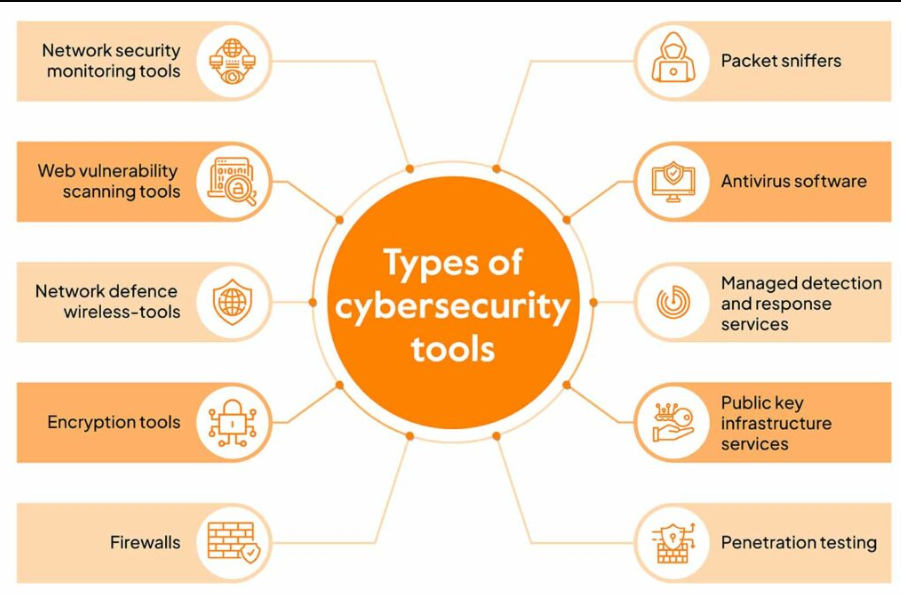
In today’s rapidly evolving business world, strong leadership is essential for driving growth, innovation, and sustainability. Leadership development programs are key to equipping current and future leaders with the skills, knowledge, and mindset they need to lead organizations effectively. These programs not only focus on enhancing managerial skills but also foster a culture of continuous learning, adaptability, and resilience.
Visit - Corporate Training classes in Pune
Why Leadership Development is Crucial
Leadership development is no longer a luxury—it's a necessity. With industries becoming more competitive and complex, organizations need leaders who can adapt to change, inspire teams, and make informed decisions. Leadership development programs provide participants with a clear roadmap for their growth, helping them understand their strengths and areas for improvement.
By investing in these programs, companies are ensuring that they have a pipeline of capable leaders ready to take on new challenges. These leaders are equipped to handle the dynamic nature of modern business environments, making them invaluable assets to their organizations.
Key Components of Leadership Development Programs
Self-Awareness and Emotional Intelligence
Leadership begins with self-awareness. Programs often focus on helping individuals recognize their leadership style, strengths, and emotional triggers. Emotional intelligence (EQ) is a crucial element that enables leaders to empathize with their teams, build trust, and manage stress. By improving EQ, leaders are better equipped to navigate challenging situations and foster a positive work culture.Strategic Thinking and Decision-Making
In a leadership role, the ability to think strategically and make sound decisions is critical. Leadership development programs teach participants how to analyze situations, set clear goals, and develop strategies to achieve them. These programs also emphasize problem-solving and decision-making frameworks, enabling leaders to tackle complex business challenges with confidence.Communication and Influence
Effective communication is a hallmark of great leadership. Leadership development programs focus on refining verbal and written communication skills, ensuring that leaders can articulate their vision and goals clearly. These programs also help individuals develop their ability to influence and motivate others, creating a cohesive team that works toward common objectives.Coaching and Mentoring Skills
Great leaders understand the importance of nurturing the next generation of leaders. Leadership development programs teach coaching and mentoring techniques that help leaders support the growth and development of their team members. This focus on coaching ensures that leaders become more than just managers—they become mentors who empower others to succeed.Adaptability and Resilience
The business landscape is constantly changing, and leaders must be able to adapt quickly. Leadership development programs instill the skills necessary to remain flexible and resilient in the face of adversity. These programs often include scenarios and simulations that challenge leaders to respond to unexpected changes, helping them develop a growth mindset.
Corporate training Course in Pune
Benefits of Leadership Development Programs
Improved Organizational Performance
Effective leadership directly impacts an organization’s success. By developing strong leaders, companies can expect improved team performance, enhanced collaboration, and increased employee engagement. These programs create a ripple effect, where empowered leaders pass on their knowledge and inspire others to reach their potential.Employee Retention and Satisfaction
Employees are more likely to stay with an organization that invests in their growth. Leadership development programs demonstrate a company’s commitment to employee success, leading to higher job satisfaction and retention rates. Employees who feel supported in their career progression are more motivated and loyal to the organization.Succession Planning
Leadership development programs play a crucial role in succession planning. By identifying and nurturing future leaders, organizations can ensure a smooth transition when leadership changes occur. This reduces the risk of disruptions and ensures continuity in the organization’s strategic vision and operations.Enhanced Innovation and Problem Solving
Leaders who have been through development programs are better equipped to think creatively and tackle challenges head-on. These programs encourage innovative thinking, enabling leaders to bring fresh ideas to the table and drive the company’s growth.
Conclusion
Leadership development programs are an investment in both individual growth and organizational success. They provide current and future leaders with the tools they need to inspire their teams, make strategic decisions, and navigate challenges effectively. By fostering a culture of continuous learning and adaptability, these programs ensure that companies are equipped to meet the demands of an ever-changing business environment.
In a world that values agility, innovation, and collaboration, investing in leadership development is not just a smart decision—it’s a critical one for any organization striving for long-term success.
Corporate training in Pune





Write a comment ...